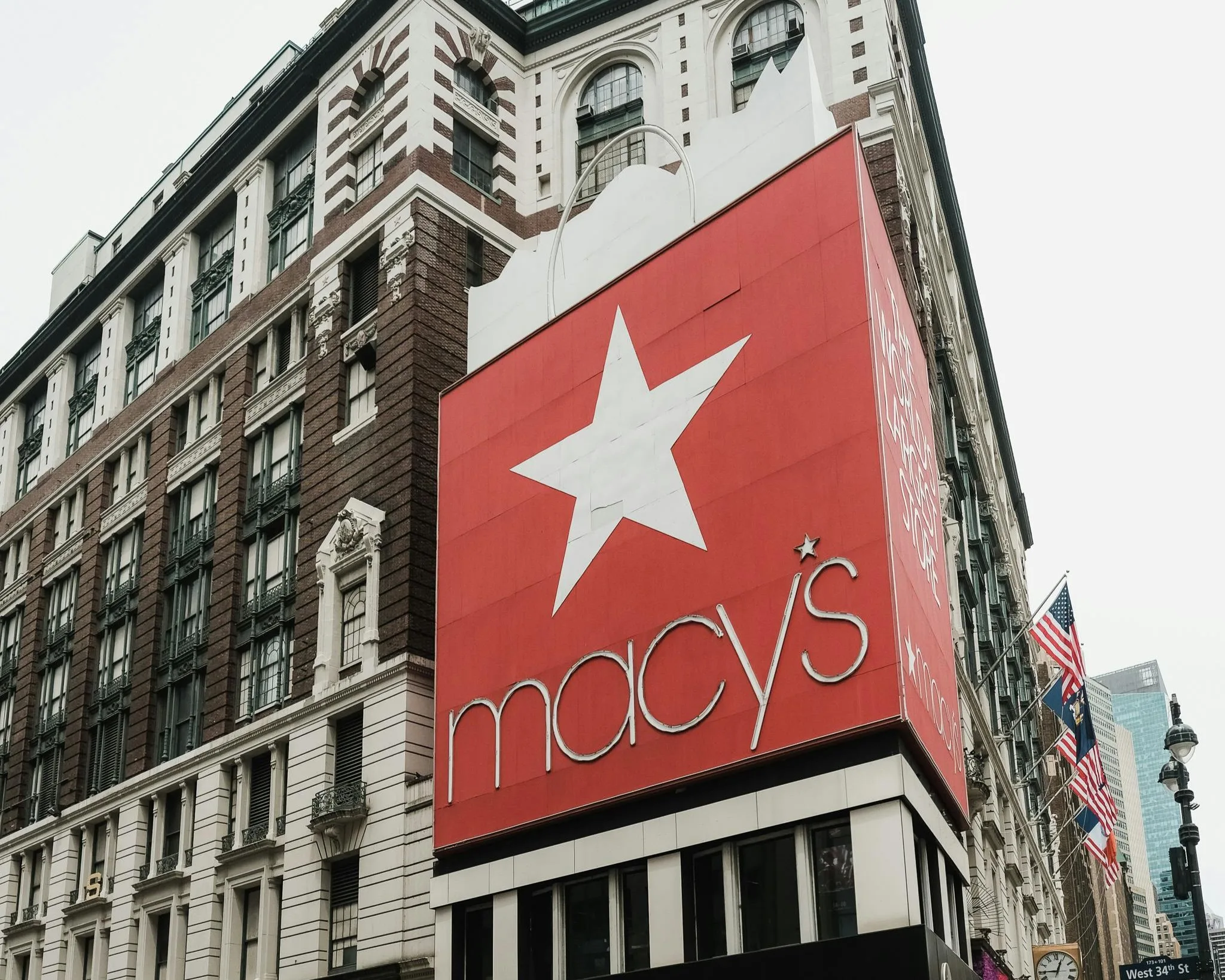- A Ninth Circuit panel revived CREXi’s antitrust counterclaims against CoStar, reversing a lower court’s decision and citing plausible violations of federal and state competition laws.
- CREXi alleges CoStar uses contractual restrictions and technological barriers to block brokers from sharing listings with competitors.
- While CoStar’s copyright infringement claims remain intact, the revived antitrust case marks another legal hurdle for the dominant real estate data firm.
A Legal Twist in a Long-Running Feud
The long-running legal battle between CREXi and CoStar Group took a turn this week. The US Court of Appeals for the Ninth Circuit ruled that CREXi’s antitrust claims deserve reconsideration in a lower court, according to Bisnow.
CREXi, a Los Angeles-based commercial real estate marketplace, raised these claims in response to CoStar’s 2020 copyright lawsuit.
The Allegations: Monopoly Power at Work?
CREXi alleges that CoStar uses its market power to block competition. It claims CoStar’s contracts and technology limit brokers from sharing listings with rival platforms.
The court found these claims plausible. The panel said they could violate the Sherman Antitrust Act, California’s Cartwright Act, and the state’s Unfair Competition Law.
“A monopolist wielding its power to exclude competitors and maintain monopoly power … violates the Sherman Act,” wrote Judge Anthony D. Johnstone.
Get Smarter about what matters in CRE
Stay ahead of trends in commercial real estate with CRE Daily – the free newsletter delivering everything you need to start your day in just 5-minutes
CoStar’s Position Remains Firm
CoStar’s copyright case remains intact. Both the district court and appeals panel agreed that CREXi misused its proprietary images and data.
CoStar said in a statement it’s confident discovery will disprove CREXi’s “baseless accusations.” It added that trial on its infringement claims is approaching.
A History of Antitrust Headaches
This isn’t the first time CoStar has faced competition-related scrutiny. The Federal Trade Commission previously intervened in the company’s acquisitions of RentPath and LoopNet over similar antitrust concerns. In 2012, the FTC forced CoStar to spin off LoopNet’s subsidiary Xceligent, which later went bankrupt following litigation with CoStar.
Why It Matters
The decision signals a broader judicial willingness to scrutinize dominant players in digital real estate platforms. If CREXi’s claims move forward successfully, it could reshape competitive dynamics in the $33.8B commercial real estate data market—currently led by CoStar.
What’s Next
As the case heads back to district court, discovery and a potential trial could unveil more about CoStar’s internal practices and market behavior. Meanwhile, with the growing popularity of digital CRE platforms and renewed antitrust enforcement across industries, other players may also face increased regulatory and legal scrutiny.

















